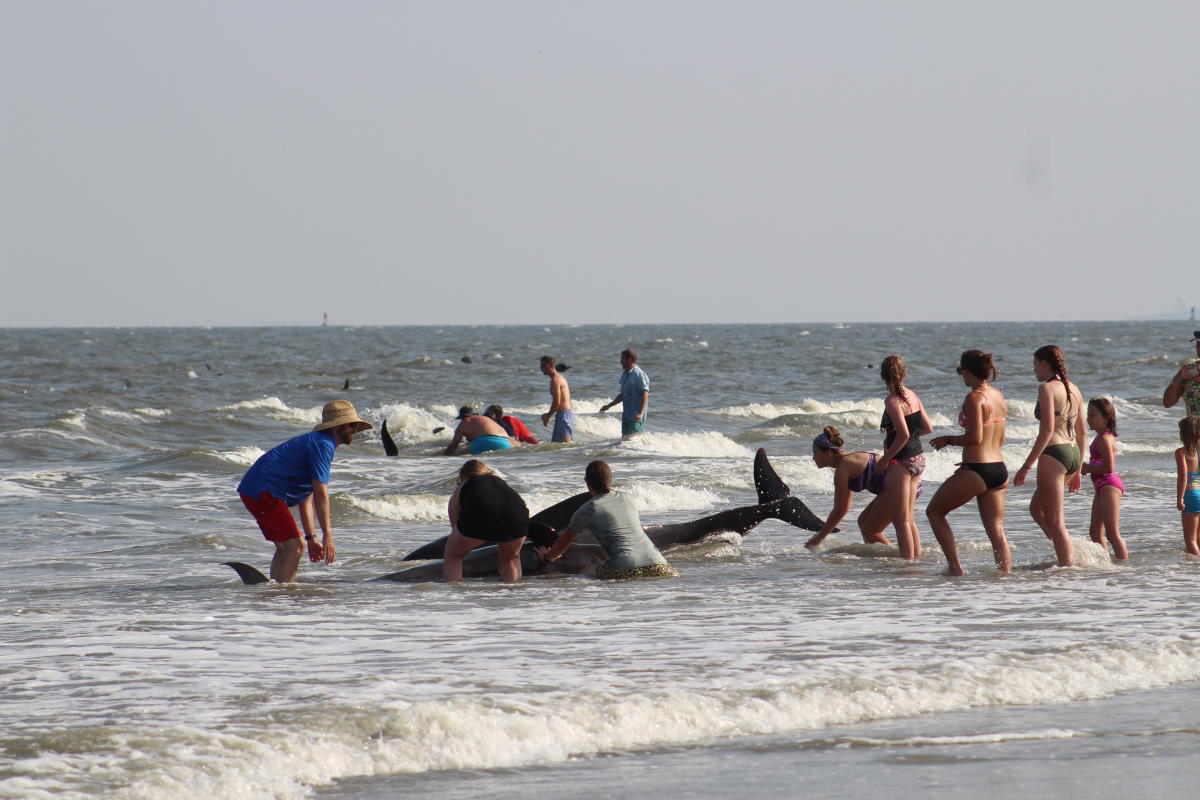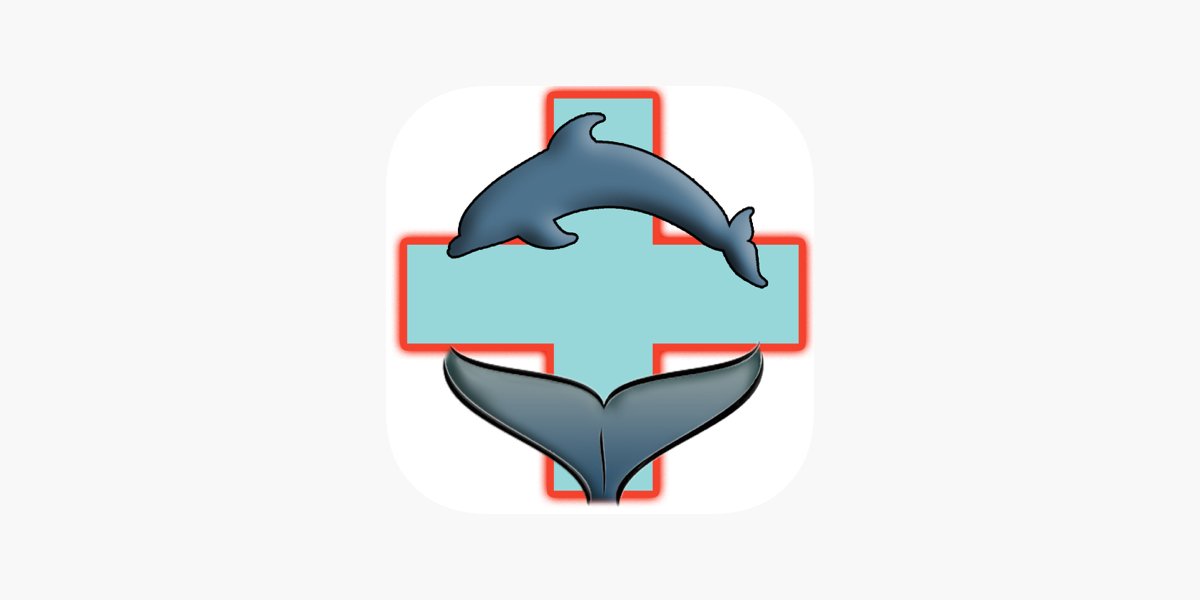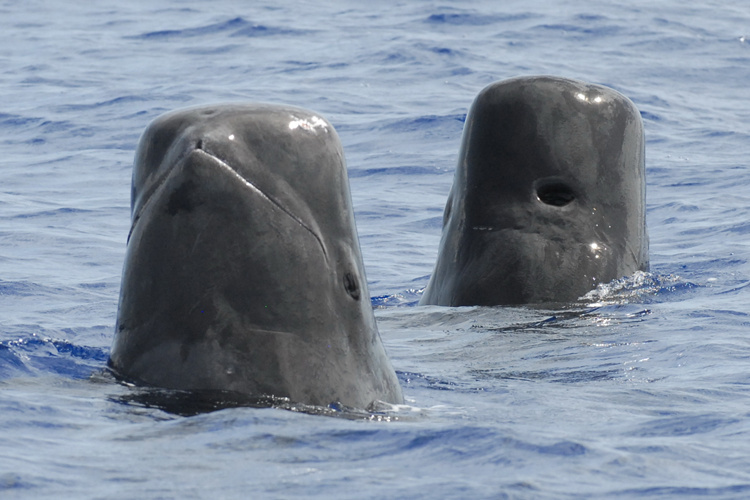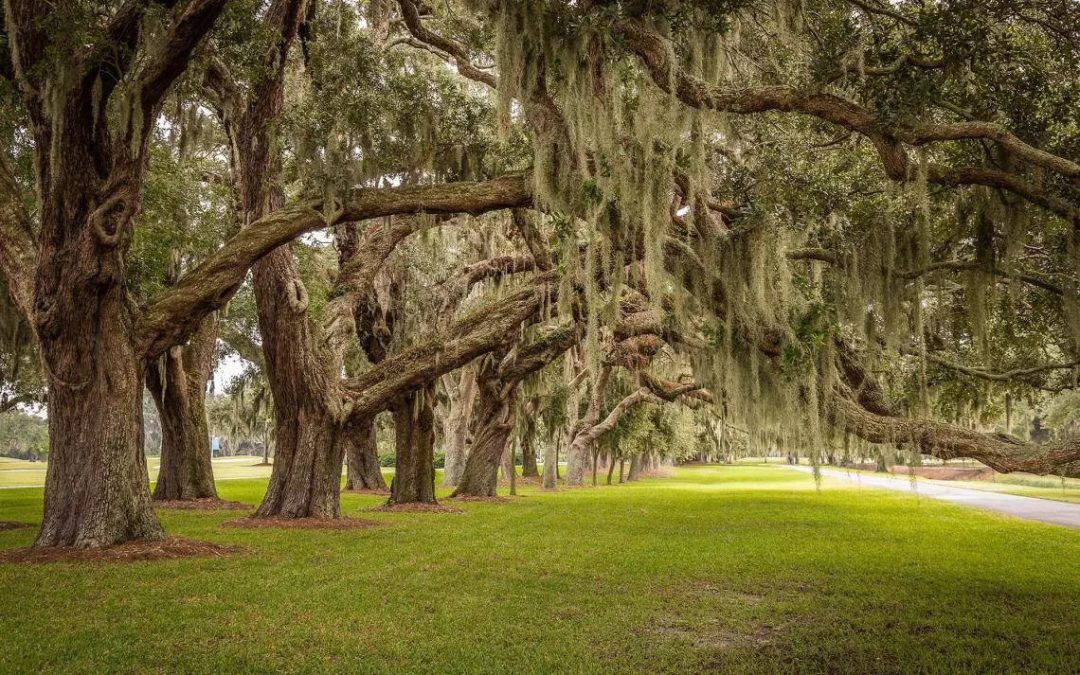On a sunny afternoon that turned unexpectedly dramatic on the shores of St. Simons Island, Georgia, a community’s spirit and quick actions were put to the test. The serene beach became the stage for a heart-stirring rescue as dozens of pilot whales found themselves stranded on the sandy shores. Without hesitation, beachgoers and lifeguards rallied together, a testament to human kindness and the unspoken bond we share with nature’s magnificent creatures. Dixie V. McCoy captured the tense moments and the community’s rallying efforts on Facebook Live, showcasing people shoveling water onto the whales and braving the waters to guide them back to the ocean, despite the risks of potential shark presence. This collaborative endeavor highlighted not just the urgency of the situation but also painted a heartwarming picture of collective human effort in the face of wildlife distress.

- Community members come together to save beached pilot whales on St. Simons Island. Source: goldenisles.com
The aftermath of the initial rescue efforts was a mixture of cautious optimism and somber reality. The Georgia Wildlife Resources Division and the National Marine Mammal Foundation spearheaded the monitoring and further rescue operations of the more than 40 whales, making significant strides in ensuring their survival and transition back to deeper waters. Despite the unfortunate loss of three whales, the dedicated efforts gave rise to hope for the majority that were successfully led back to their natural habitat. Clay George, a biologist with the Division, expressed cautious optimism that the whales were on their way to safety, underscoring a moment of success amidst the crisis. This incident not only highlighted the critical work done by wildlife experts but also shone a light on the importance of community involvement and quick response in the face of environmental emergencies.
Pilot whales, with their remarkable social behavior and deep-sea habitation, suddenly becoming beachgoers on St. Simons Island sparked curiosity and concern alike. Their deep connections with each other often mean that if one whale gets in trouble, the others will follow, leading to mass strandings like the one witnessed. This deeply ingrained social behavior, beautiful yet potentially tragic, underscores the complex nature of these marine mammals and the challenges they face in their environment. Researchers continue to explore the reasons behind such beaching incidents, including potential health issues within the pod or environmental disturbances. Understanding these creatures’ behaviors and the factors leading them to the shores can help prevent future tragedies and foster a deeper appreciation for these giants of the ocean.

- Dolphin and Whale 911: A glimpse into the specialized intervention by marine conservationists. Source: goldenisles.com
The incident in Georgia highlights the broader narrative of marine life rescue and conservation. While the rescue of the pilot whales on St. Simons Island was a rare event for Georgia, it underscores the importance of preparedness and the critical role of expert intervention. Organizations like NOAA and local wildlife divisions are pivotal in these efforts, offering both the expertise needed for successful rescues and the educational outreach necessary to engage and inform the public. Their work, coupled with community support and awareness, constitutes the frontline defense against the many challenges marine wildlife faces today. As we look forward to more successful rescues and healthy marine environments, the story of St. Simons Island serves as a beacon of hope and a reminder of the powerful impact of collaboration and compassion in the face of nature’s unpredictability.






